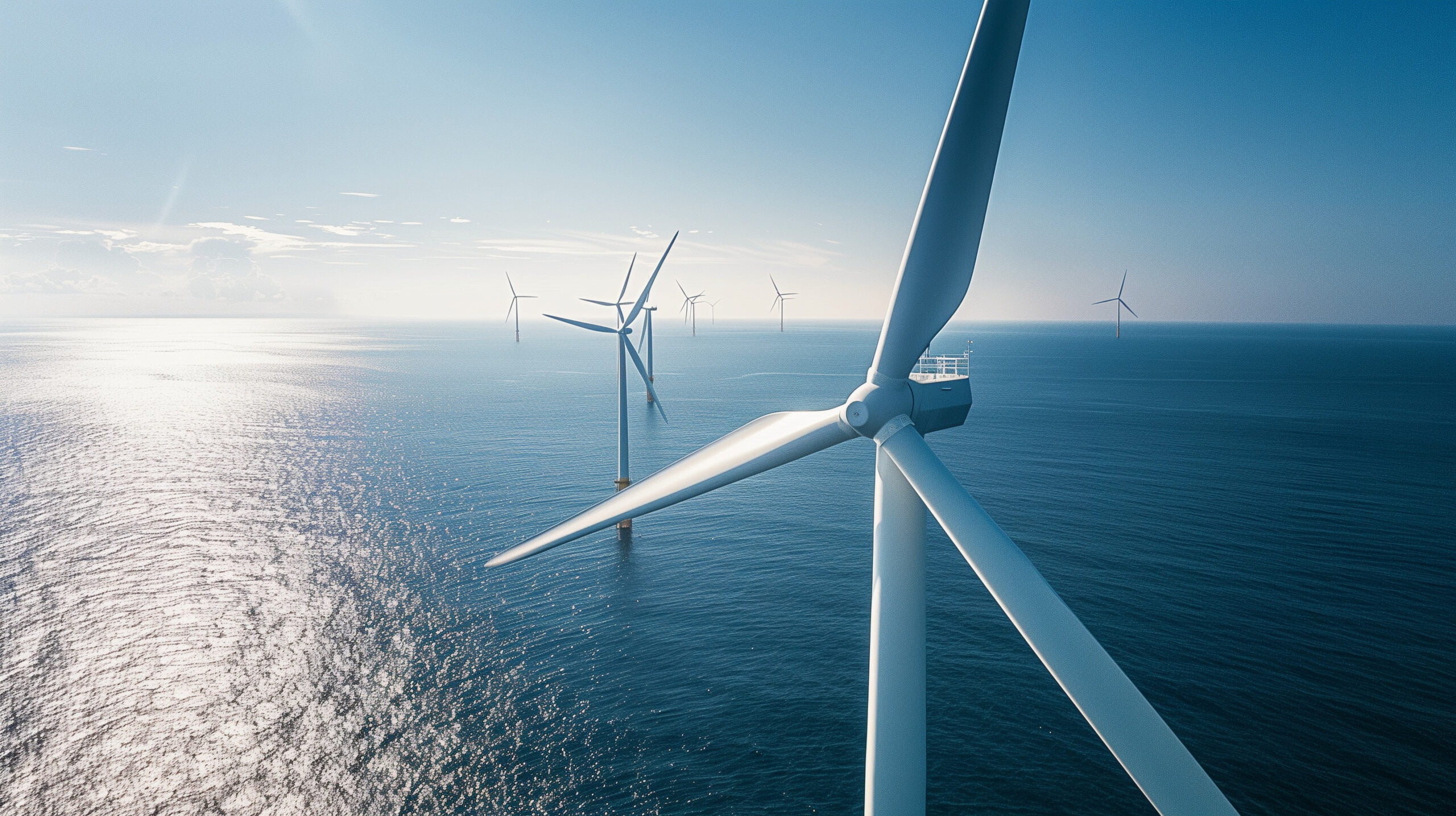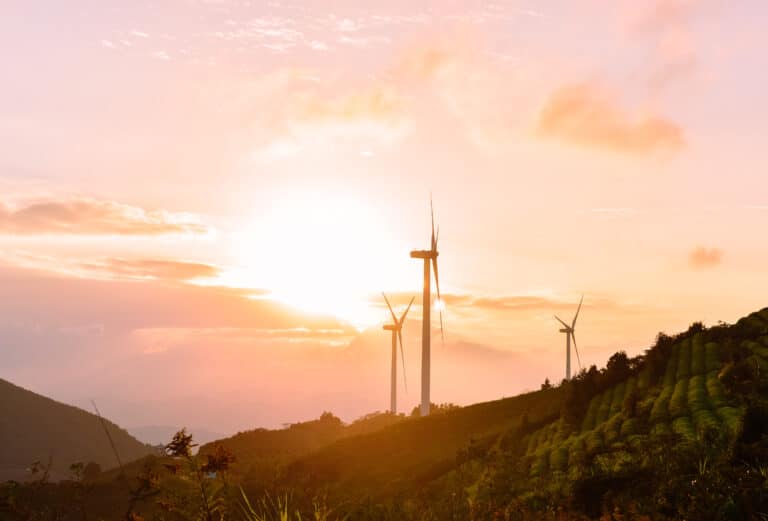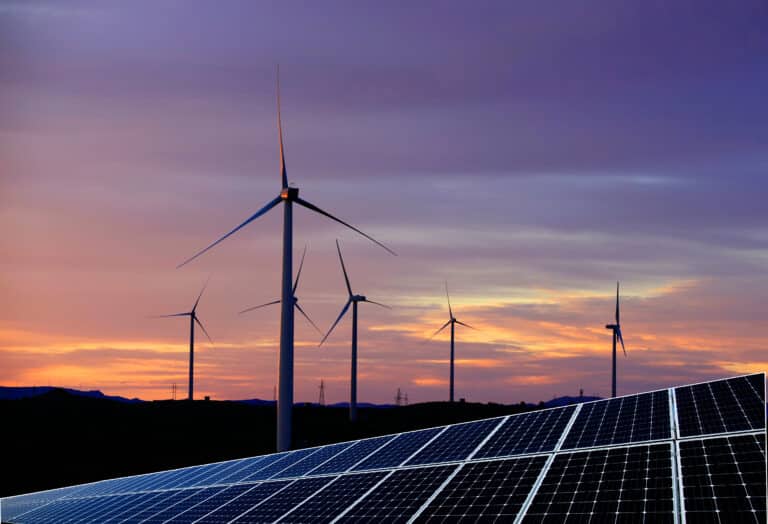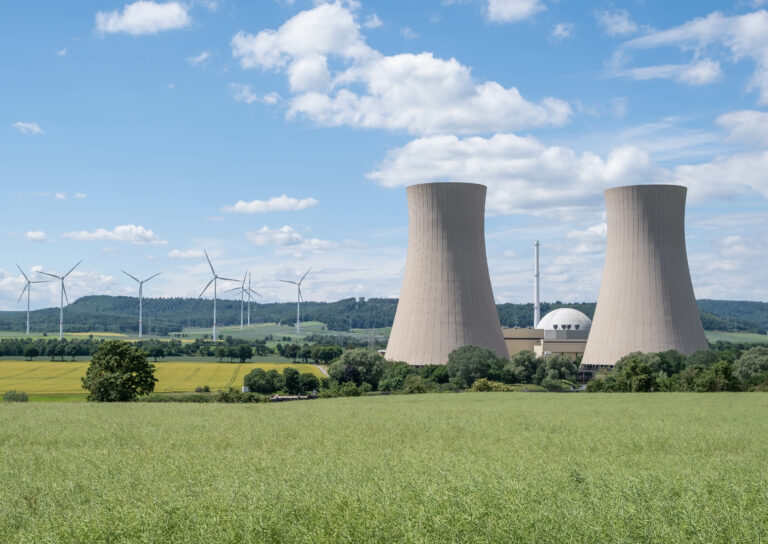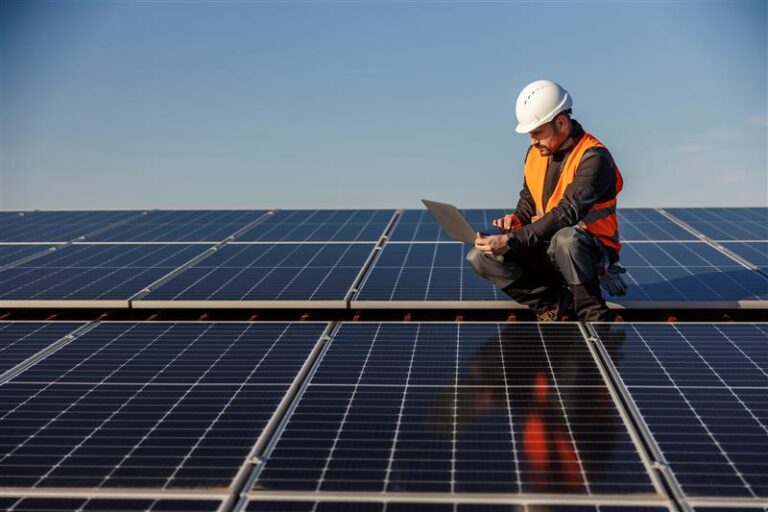Unpacking the government’s commitments
In its election manifesto, Labour vowed to “end the climate and energy chaos and make Britain a clean energy superpower”. Since then, the government has delivered its first King’s Speech marking its priorities under 40 new bills.
Zenergi’s team delved into the legislative commitments announced on 17 July to understand what it means in practice for the future of energy and net zero.
Great British Energy Bill
One of the key commitments in its manifesto, the establishment of Great British Energy, a new, publicly-owned energy production company based in Scotland, will come into law through its own bill.
Funded by £8.3 billion over the next five years, Great British Energy will reduce reliance on imported gas and oil by increasing renewable energy production in the UK to accelerate the transition to clean energy by 2030.
Chris Stark, the minister who wrote Net Zero 2050 into law in 2019, has been appointed to lead the Mission Control for 2030.
To achieve its clean power target, Labour’s manifesto pledged to double onshore wind, triple solar power, and quadruple offshore wind by 2030. It also identified investment in carbon capture and storage, hydrogen and marine energy, alongside extending the lifetime of existing nuclear power stations and building new nuclear power stations and small modular reactors.
Sustainable Aviation Fuel Bill
The introduction of a bill to support sustainable aviation fuel (SAF) production in the UK is another building block in the government’s commitment to making Britain a clean energy superpower. The bill aims to encourage investment in the construction of SAF plants by providing revenue certainty.
The bill will increase the use of SAF, mandating suppliers to have at least 10% in their fuel mix supplied to airlines. Using SAF can reduce greenhouse gas emissions by 70% compared to fossil jet fuel on a life cycle basis, aiding the decarbonisation of air travel.
Water (Special Measures) bill
The government’s commitment to take firm action to tackle the well-publicised issue of illegal sewage dumping on Britain’s coasts, rivers, and lakes is embodied in the Water (Special Measures) Bill.
According to the government, the ecological condition of over four in five waterways were found to be substandard in a recent assessment. The bill will place failing water companies under special measures to clean up our water and abolish large bonuses if environmental standards are not met.
Water companies will be required to install real-time monitors at every sewage outlet with water regulators independently scrutinising the data. Personal criminal charges will be levied on water bosses who break the law, and fines will be severe and automatic.
In Summary
Labour’s legislative agenda aims to position Britain as a leader in clean energy, enhance environmental protections, and ensure long-term sustainability.
The measures outlined are designed to increase energy security, drive net zero, and protect natural resources, aligning with the goal of making Britain a clean energy superpower.
